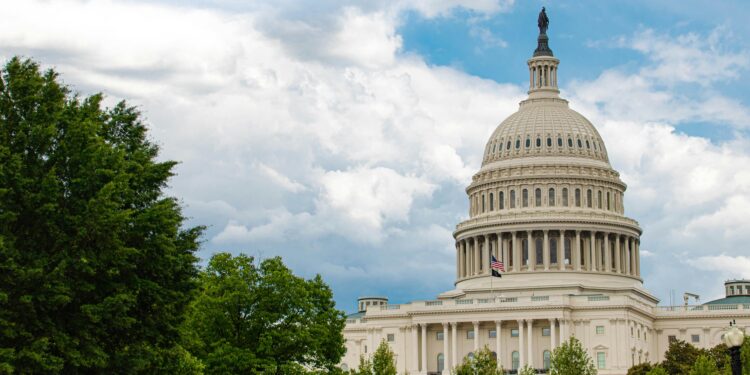Federal Reserve and FDIC Identify Inadequacies in Living Wills of Leading Financial Institutions
In a recent assessment, U.S. banking regulators disclosed significant weaknesses in the resolution plans, or “living wills,” of four of the nation’s largest banks: Citigroup (C), JPMorgan Chase (JPM), Goldman Sachs (GS), and Bank of America (BAC). These living wills are crucial documents outlining strategies for unwinding these massive institutions in the event of financial distress or failure, a regulatory requirement established after the 2008 global financial crisis.
The Federal Reserve and the Federal Deposit Insurance Corporation (FDIC) specifically identified inadequacies in how these banks plan to unwind their extensive derivatives portfolios. Derivatives are complex financial contracts linked to various assets such as stocks, bonds, currencies, or interest rates. Properly managing these portfolios is essential for maintaining financial stability during a crisis.
Regulators highlighted that when Citigroup was asked to quickly test its ability to unwind its derivatives contracts using different parameters than those it had originally chosen, the bank’s capabilities fell short. This challenge seemed to affect all four banks evaluated, as they struggled to meet the regulatory standards under these altered conditions.
“An assessment of the covered company’s capability to unwind its derivatives portfolio under conditions that differ from those specified in the 2023 plan revealed that the firm’s capabilities have material limitations,” regulators noted regarding Citigroup.
The evaluation of living wills is a biennial regulatory exercise designed to ensure that the largest U.S. banks can credibly and orderly unwind themselves without causing a systemic crisis or necessitating taxpayer-funded bailouts. Institutions that are found lacking must address the identified issues in their next round of submissions, scheduled for 2025.
Among the banks assessed, Citigroup’s plan was deemed the most problematic. The FDIC rated Citigroup’s resolution strategy as having a “deficiency,” indicating that it would not allow for an orderly resolution under U.S. bankruptcy code. However, the Federal Reserve did not concur with this harsh assessment, instead rating Citigroup’s issues as a “shortcoming,” a less severe critique.
“We are fully committed to addressing the issues identified by our regulators,” Citigroup stated. “While we’ve made substantial progress on our transformation, we’ve acknowledged that we have had to accelerate our work in certain areas. More broadly, we continue to have confidence that Citi could be resolved without an adverse systemic impact or the need for taxpayer funds.”
JPMorgan Chase, Goldman Sachs, and Bank of America also received the “shortcoming” rating from both regulators, signaling areas that require significant improvement but not to the extent of rendering the plans ineffective. These findings underscore the ongoing challenges and the critical importance of robust planning for potential financial crises among the nation’s largest financial institutions.
You might like this article:AMC Entertainment: Balancing Debt and Growth Amid Market Volatility











